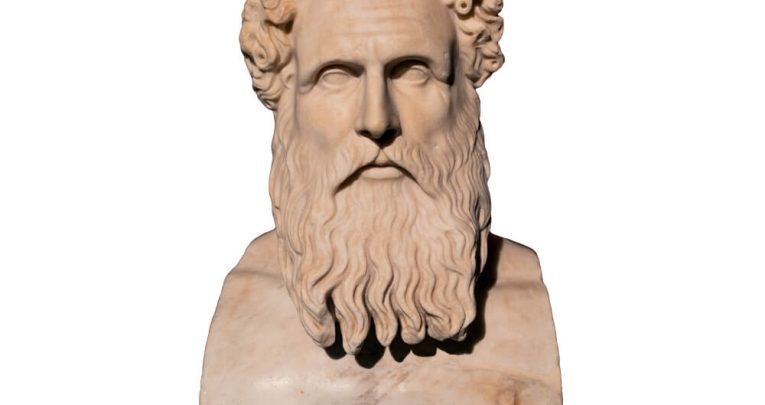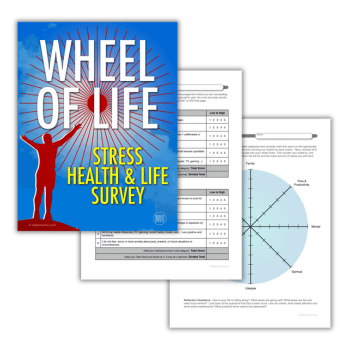Character education and resilience – What students can learn from Stoicism

Character education informed by a philosophy of Stoicism can do much to help our students confront the challenges presented by the pandemic, says James Baggaley…

At every school I’ve worked at, I’ve clearly seen how pupils are affected by different learning environments.
As a teacher, I see how they fare in a classroom environment; how some thrive, whilst others simply endure it. As a rugby coach, I’ve seen how much some students enjoy being on the pitch, and how amazing it is when children who have struggled in the classroom can contribute to the fortunes of the school team.
Finally, as a housemaster, I’ve seen groups of pupils demonstrate outstanding generosity and leadership within the boarding environment – whether that be through organising events, or comforting those who might be homesick.
Character development
Seeing how differently pupils can respond to different environments has shaped the way I approach the fundamentals of education. To me, education is about helping to develop strong and reliable character in every individual, both in and out of the classroom.
I’ve long been fascinated by the idea of ‘character’, and in 2016 was given the opportunity to study for a Masters degree in character education.
During this time I came to appreciate that there was a deeper, more philosophical dimension to character development, beyond the more obvious (but perhaps less helpful) ‘macho’ conception of character education I’d held previously.
I’ve since explored ideas relating to character that span Eastern and Western traditions of thought – everything from Taoist and Confucian philosophies, to reconstructed Virtue Ethics and a modernised Stoic approach.
Following the chaos unleashed by the pandemic, however, I’ve found that the simple messages contained in the Stoic philosophy have proved especially relevant to both myself and my students.
Wellbeing and peace of mind
Core to the Stoic philosophy is the notion that the search for tranquillity involves choosing how best to respond to challenges – and it’s proved to be just the tonic many of my students have needed to help keep them grounded.
Some of them have been able to find a greater peace of mind when trying out some of the following Stoic-inspired ‘response / ability’ techniques:
Trending
Be grateful for what you’ve got, right now
Imagine you’ve had everything taken away from you, and that you’re only allowed to have your possessions returned to you one item at a time. What do you ask for first? And second? These are the ‘things’ that are most important to you, so respond by being thankful for them.
Only control what you can control
Students are currently caught in the middle of numerous arguments relating to education, and increasingly aware that they don’t control many of the decisions being made on their behalf. This can cause great anxiety, and it’s difficult to know how students should respond.
I’ve found that discussing the metaphor of an Olympic archer can be very useful here. Archers will work to practise and perfect every element of their art, but they’ll never be in control of the arrow once it leaves the bow string, since at that point other forces take over. All archers can control is their attempt.
Take time to reflect
This is perhaps the most important response technique of all. In some ways, stoicism is very closely related to journaling. I’ve previously talked with my students about the important of taking time to reflect on how things have gone from one day to the next, and encouraged them to write their reflections down.
Writing our thoughts down allows us to better organise and process our responses to the situations we find ourselves in. Once we’ve taken time to reflect, the result will often be that we end up making better choices in future. As Stephen Covey would say, we become more ‘response-able’.
Once all this is over, and our students have returned to school, we’ll need to encourage and support them with their post-pandemic lives.
The school closures and exam fiascos of the past year have shown how dispensable some parts of their existing education are; in response, we should use this opportunity to focus on the one thing that can never be taken away from them, but only grown – their characters.
James Baggaley is a teacher of geography and housemaster at St Luke’s Ellesmere College.











